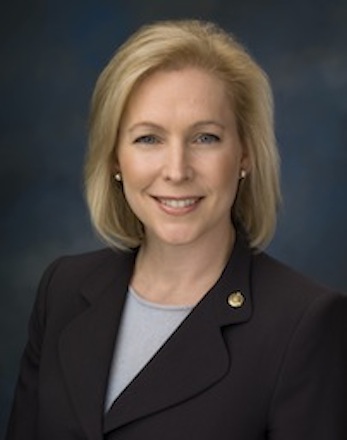Sequester: Lawmakers worry that potential budget cuts will hit 9/11 first responders

As the March 1 deadline for deep automatic federal budget cuts – known as sequestration – loomed, a group of lawmakers expressed concern about the effect cuts would have on Sept. 11 first responders whose medical treatments are covered by the government under the James Zadroga 9/11 Health and Compensation Act.
US Rep. Jerrold Nadler (D-Brooklyn-Manhattan) was among the elected officials speaking out on Feb. 28 to call on colleagues to negotiate a budget deal to avoid sequestration.
Nadler joined his House colleagues, US Rep. Carolyn Maloney (D-Manhattan) and US Rep. Peter King (R-Long Island), along with U.S. senators Kirsten Gillibrand and Charles Schumer, to warn that cuts would really hurt 9/11 first responders who need to have their health issues addressed. The Zadroga Act would face $27 million in funding cuts under sequestration, the lawmakers said.

Coney Island
View MoreIn just a little over an hour, you can be transported from the glitz and glamor of Manhattan to the old-school amusement of Brooklyn's storied Coney Island. The destination offers thrills, sun, surf and a unique brand of entertainment that will feel worlds away from the rest of the City.